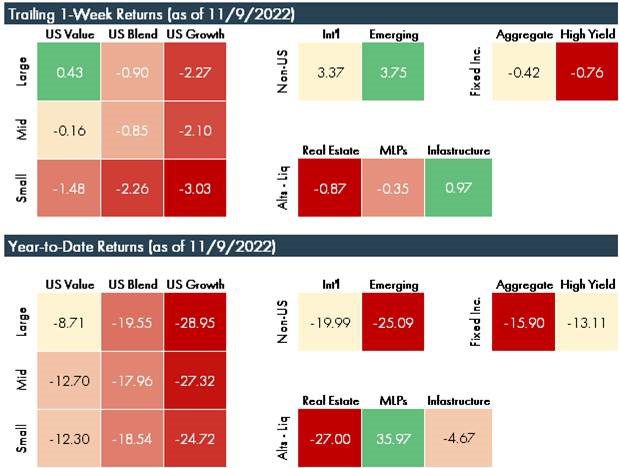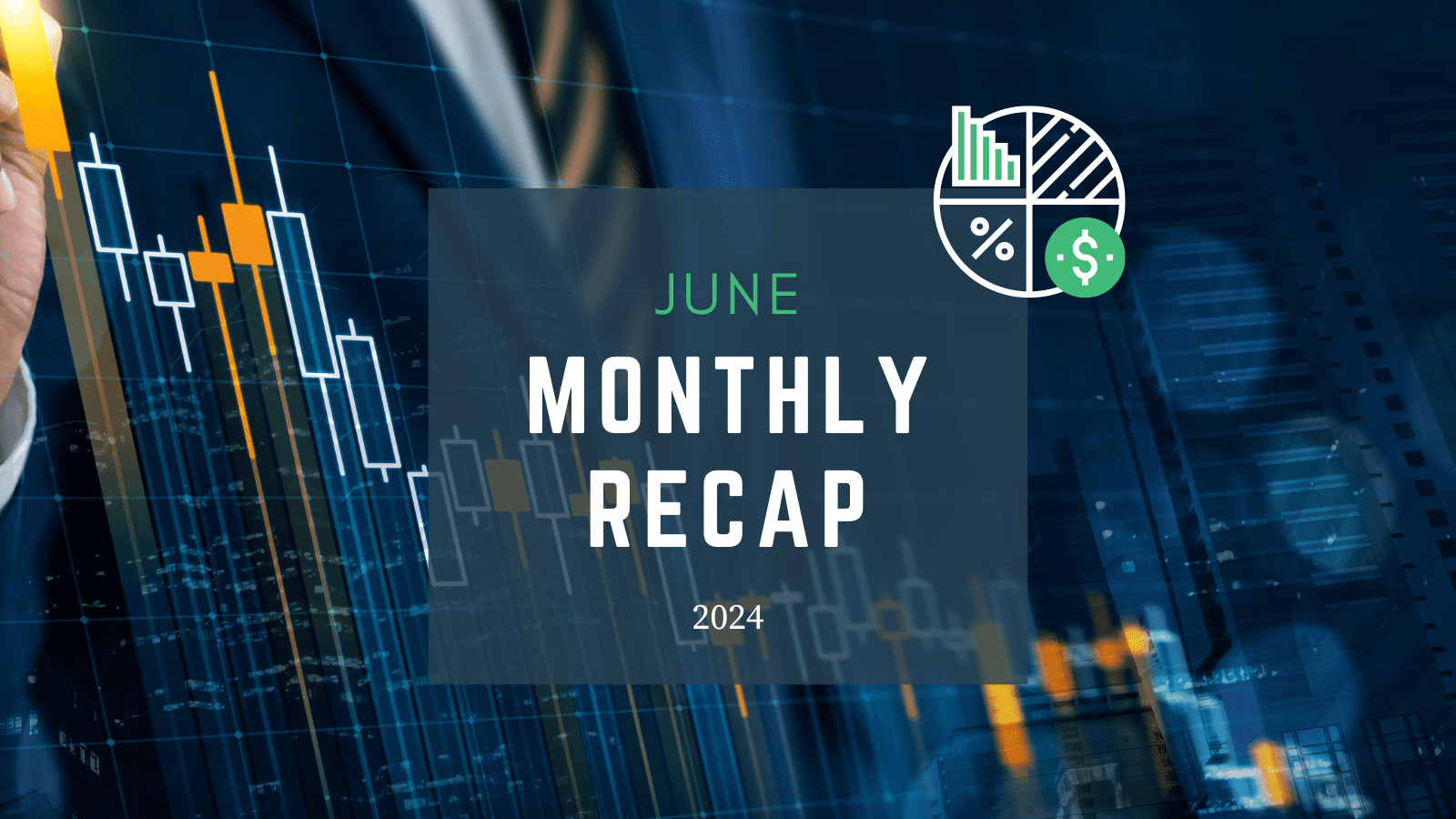Aoifinn Devitt – Chief Investment Officer
As the mid-term elections approached the usual partisan chatter focused on issues surrounding the economy – namely inflation, government spending, interest rates, and house prices, and there was not a lot of mention of jobs. Maybe it is because unemployment is still hovering near all-time lows of 3%, and the recent jobs number (261,000 jobs added) highlighted a still tight labor market, albeit with a little less pressure in terms of the rate. The participation rate is still low – particularly for the over 50 cohort, which may explain some of the buoyancy, but whatever the reason, it is clear that, so far, the evidence of a slowdown in parts of the economy is not yet being seen in employment numbers.
It might have seemed like a different picture or mood last week, when headcount cuts from Tech titans, namely, newly-privatized Twitter, made the headlines. While the case of Twitter was directly related to its purchase by Elon Musk, other companies announcing retrenchment spoke of excessive growth, over-exuberance in their expansion and strength of the economy, and the need to batten down in the face of a potential recession.
But jobs matter because it is one of the metrics that the US Federal Reserve is focusing on to detect pricing pressures throughout the economy as it monitors pricing conditions to see that its aggressive tightening is having an effect. As Chairman Jerome Powell announced the fourth 75 bps rate rise last week, he rebuffed expectations of a pivot as “premature.” This resolve was in contrast to some more dovish statements by other central banks around the world (e.g. the Bank of England is likely to watch the effect on mortgage holders more than market expectations in its trajectory) and as such will contribute to a dollar that is stronger for longer.
Jobs also matter to consumer sentiment. Although recent market volatility indicates wavering investor conviction, consumer sentiment remains flat, most likely due to the jobs side of the equation, and some relief in some parts of the inflation spectrum – e.g. in the price of food and energy, which did show some slackening in the recent data.
Markets have been reasonably sanguine, given the political backdrop, but as my colleague Chris Kamykowski noted in his piece Midterms, often there is a positive upswing in markets in the aftermath of elections as some uncertainty is removed. This year, that trend could face some underlying headwinds, as bonds compete for attention with equity yields (the US 10-year Treasury yield remains above 4% while the lowest quality investment grade bonds are yielding over 5%) and investors worry about earnings and valuations. This is evidenced in the mixed performance of markets set out below:

We are publishing this the morning after Election Day, and although not all results are coming in, it is clear that it was not the Republican sweep that pundits had been expecting and that a strong turn out from the under 30 age group shored up support for Democrats in key districts. While the outcome reveals a closely divided electorate, the relatively smooth process of voting and, seemingly, a lack of interrogation of the integrity of the election (so far) should be stabilizing, which we believe markets will appreciate. The next few months will see how policy evolves in response.
© 2022 Advisory services offered by Moneta Group Investment Advisors, LLC, (“MGIA”) an investment adviser registered with the Securities and Exchange Commission (“SEC”). MGIA is a wholly owned subsidiary of Moneta Group, LLC. Registration as an investment advisor does not imply a certain level of skill or training. The information contained herein is for informational purposes only, is not intended to be comprehensive or exclusive, and is based on materials deemed reliable, but the accuracy of which has not been verified.
Trademarks and copyrights of materials referenced herein are the property of their respective owners. Index returns reflect total return, assuming reinvestment of dividends and interest. The returns do not reflect the effect of taxes and/or fees that an investor would incur. Examples contained herein are for illustrative purposes only based on generic assumptions. Given the dynamic nature of the subject matter and the environment in which this communication was written, the information contained herein is subject to change. This is not an offer to sell or buy securities, nor does it represent any specific recommendation. You should consult with an appropriately credentialed professional before making any financial, investment, tax or legal decision. An index is an unmanaged portfolio of specified securities and does not reflect any initial or ongoing expenses nor can it be invested in directly. Past performance is not indicative of future returns. All investments are subject to a risk of loss. Diversification and strategic asset allocation do not assure profit or protect against loss in declining markets. These materials do not take into consideration your personal circumstances, financial or otherwise.



